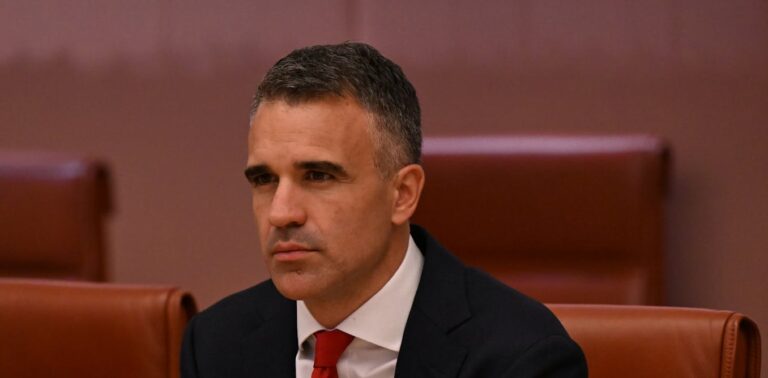Labor Premier Peter Malinauskas, who defeated South Australia’s Liberal government in 2022, has switched to advocating reform on issues such as social media and political donations.
The administration is considering banning children under the age of 14 from accessing social media accounts and requiring parental consent for 14- and 15-year-olds.
Mr Malinauskas is also proposing reforms to ban most political donations in South Australian politics.
Regarding AUKUS, it calls for an increased national effort to ensure Australia’s workforce is prepared to meet the labour demands that will result directly and indirectly from the agreement.
Peter Malinauskas joined the podcast to discuss these issues.
Regarding political donation reform, he said politicians spend too much time raising funds.
We want to get money out of politics. We think that’s important for many reasons, but the one that is least understood is the fact that fundraising takes up more and more of politicians’ time. We don’t want politicians to become professional fundraisers.
We want them to develop thoughtful public policy and engage with their constituents.
Malinauskas said banning social media for teenagers is worth it, even if some kids find ways around it.
Does anyone drink alcohol underage? Yes. Does anyone smoke underage? Yes. Does anyone speed on the roads every day? Yes.
But that doesn’t mean we won’t restrict the supply of alcohol or tobacco, or impose speed limits. There will always be examples of people who get around the law, find loopholes, or simply choose not to follow it, but the vast majority do, and are better off because of it.
So if we don’t set standards, […] Maybe there’s even one person who doesn’t follow through, and then we won’t do anything.
South Australia is heavily involved in the AUKUS submarine programme and Mr Malinauskas has strongly defended the agreement.
The strategic value of nuclear submarines is that the moment an AUKUS submarine enters the sea, it will completely recalibrate Australia’s strategic negotiating position in our region at a critical time.
The second factor is cost. Yes, it’s expensive, but that’s because it has the most advanced capabilities of any defence platform in existence today, which means it will immeasurably change how our adversaries think about Australian defence, and it’s worth it.
Commenting on Peter Dutton’s nuclear power announcement this week to build a small modular reactor near Port Augusta, Malinauskas said: “It’s a big step forward.
I believe nuclear power is important in the global energy mix to achieve decarbonization. I don’t see how we can get to net zero globally by 2050 unless nuclear power plays a role around the world. Nuclear power is safe and has zero carbon emissions.
So the question is, how much more will nuclear power increase electricity prices in Australia? Every economist and scientist who actually knows anything about this says, although there is no evidence yet, that it will increase electricity prices unless there is a rapid change in technology.
Now, regarding small modular reactors, I would like someone to show me an example of a small modular reactor that is providing civilian nuclear power to 1.7 million people and is doing so at a lower cost than renewable energy sources.

